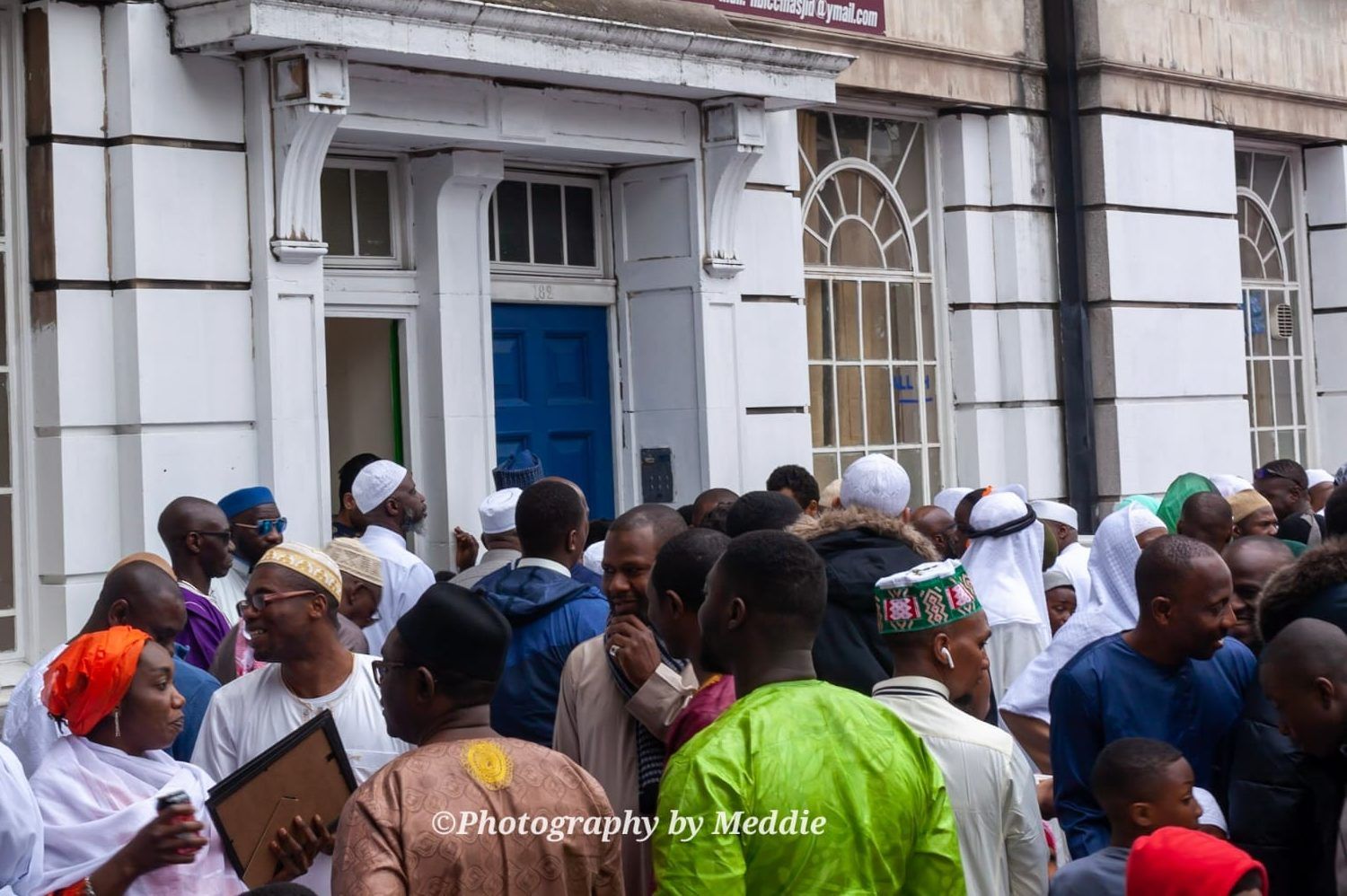Pray Day, commonly known as ‘Eid’ al fitr, is a celebration by muslims all over the world, marking the end of Ramadan, or as Sierra Leoneans call it ‘fast month.’ As a child growing up in a muslim household, this was the most exciting month. The community buzz was high as people gather every evening to “cut fast” as we call it (globally known as Iftar).
My grandparents were chiefs, which meant everyday in the backyard people cooked in pots big enough to fit at least 2 or 3 toddlers. Enough to feed the big household of fasters, the locals who came over to cut fast, the ‘bycokoring’ children (bycokor is when you have a sneaky meal, drink or nibble in the middle of fasting whilst telling everyone you’ve not eaten all day) and last but not least, our Krio (mostly christian) and non-muslim neighbours had their share too.
The month was exciting. As well as cooking loads, we had lots of food sent to and from other families and friends; a process which we call sunakati… so if you don’t like what’s been cooked, there’s a high chance that something will arrive that you would like. Sierra Leone, after all, has a variety of tasty dishes. It was bliss every evening when the sun sets.
The process would be the same again the early hours of the morning when we all wake to eat sokoli, the last meal till sunsets again (last meal if you don’t bycokor). At the end of fast month, we always had a cow sacrificed as tradition dictates, we go to pray on Pray day (Eid) and come home to more Jollof and relaxation.
Having known all the above as a Salone pikin, initially coming over to the UK the early 1990’s, I realised that ‘Pray Day’ was no longer ‘Pray Day’. It was all of a sudden called Eid, and there certainly were no cows in backyards waiting to be sacrificed, The RSPCA won’t have it.
Fast month was a dull affair in London. Sierra Leoneans were few and spread about, so there was no need for big pots of food to be cooked every night. We didn’t cook for the neighbourhood and folks occasionally came over but it was never the grand affair I had experienced at home. My family prayed at the original Brixton mosque mixed with other muslims from all over the world. Pleasantries were exchanged but customs and the community feeling was different. Folks prayed and went about their business and we return home.
Fortunately, it got better as the years went by. More Sierra Leoneans came over, we got bigger and stronger as a community and we went from praying at various mosques to having our own Sierra Leonean mosque. The first time I went there for Pray Day, I was struck with excitement and emotions that I still enjoy every Pray Day.
Yes, we don’t have the big gathering every night and there’s no group sokoli, but on this day, I get to see families and friends that I have not seen in weeks, months and in some cases years. For those few hours we’d gather outside OUR mosque waiting to pray, and after prayers we’d just hang around and enjoy each others’ company for a short while to exchange hugs and laughter.

